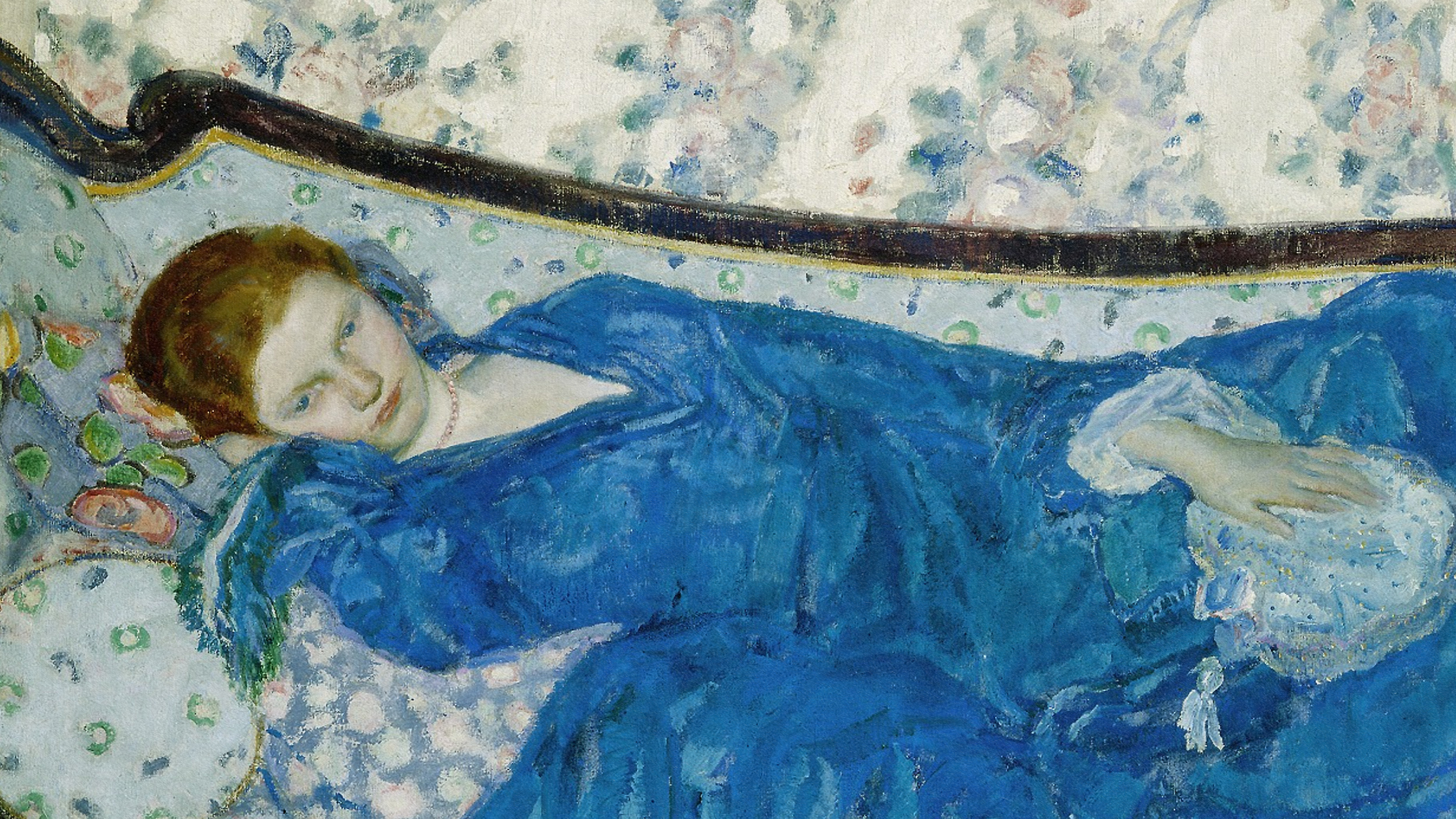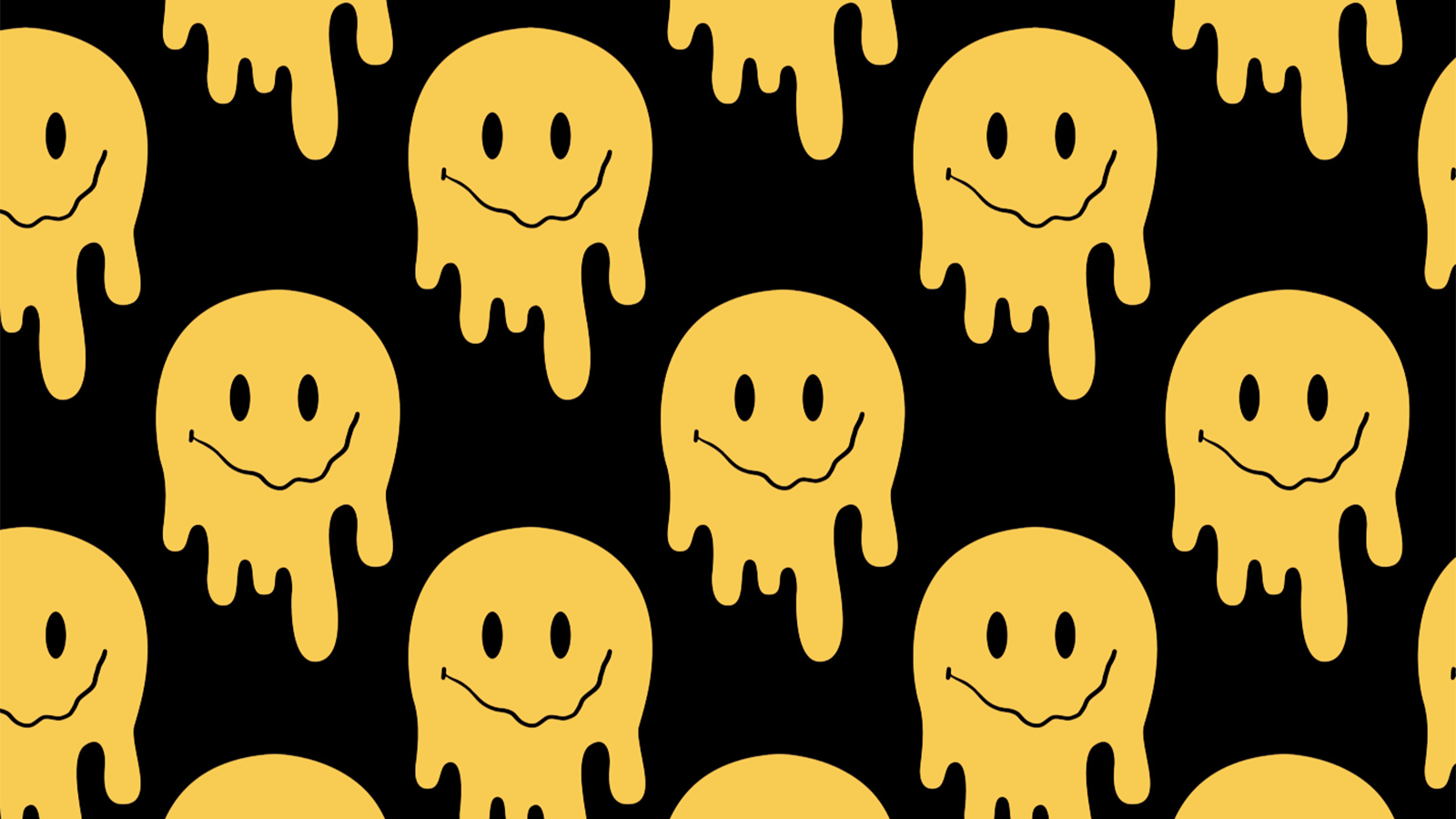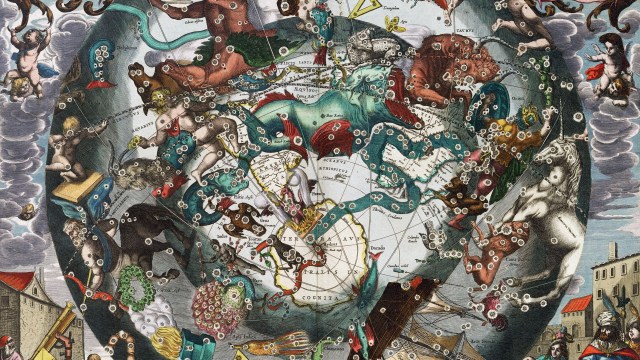How our obsession with making things better ironically makes us unhappy

- Most humans are inherently biased toward negativity.
- If asked, "How could this thing be different?" we mostly imagine ways it could be better. In other words, we envision that what we have now is merely okay, but what we could have is far superior.
- This bias appears to occur among every culture and personality type. Perhaps we would be more grateful if we acknowledged that life could be much worse.
Value is not an absolute but a comparison. Whether we call something good or bad depends entirely on our expectations. For instance, when I bought a new phone last month, I thought it was the best thing since sliced bread. For more than a decade, I had been muddling along with a woefully underpowered pocket brick. Suddenly, my life was like an Apple commercial. Websites loaded instantly. My photos were crisp and colorful. I could install apps without being told to delete something else. My new phone was “good” because what I had before was, by comparison, bad.
But these kinds of comparative value judgments work both ways. Another example: I have always been happy with my garden. It has a good lawn, a smattering of flowers, and an overly fecund apple tree I’m fond of. It’s lovely. But then I visited Joe’s house. Joe has cultivated something not dissimilar to the Hanging Gardens of Babylon. It was so breathtaking that when I returned home, my garden seemed, well, pitiful. As Theodore Roosevelt once said, “Comparison is the thief of joy,” and he was right. Joe had stolen my little piece of Eden.
Turns out I’m not alone. According to a recent study, this tendency to compare our things to other, better things may be wired into the human psyche. If we look closer at the effect, however, it may help us “peek into human nature” and “explain why it’s so hard for people to get happier.”
Things could be better
In 2022, Adam Mastroianni and Ethan Ludwin-Peery, a postdoctoral research scholar at Columbia Business School and assistant professor at Hampshire College, respectively, released a preprint paper that explored how and why we constantly weigh things up. Across eight different studies, and regardless of how they set up or worded their tasks, they found that people invariably will compare what they have to a superior version.
In our jobs, we moan about what could be better. In our relationships, we fantasize about how our partner could change. And within minutes of buying something new, we imagine ways it could be better. “We can’t find a single thing that people, on average, imagine being worse. Nor have we found any group of people that doesn’t seem to do it,” Mastroianni and Ludwin-Peery note.
The strange thing about this psychology of comparison, though, is that we rarely imagine the ways that things could be worse. And things could always be worse. Our jobs could pay less, our partners could be unfaithful, and our phones could have a battery that runs out every hour. What we have right now is better than an infinity of worse possible worlds. But our minds don’t work like that. As the paper puts it: “When people imagine how things could be different, they almost always imagine how things could be better.”
The road to dissatisfaction
Let’s look at two studies from the paper to prove the point. In the first, the research team showed 243 people random items. They then asked the participants how these items could be different. For example, they asked questions like, “How could YouTube be different?” or, “How could the weather be different?” What they found was that for every single item, people imagined how it could be better. YouTube could have fewer ads, and the weather could be sunnier. When asked how their lives could be different, respondents said they could be richer.
The research team repeated the study with Polish people and then in Mandarin, and the results were the same. People only imagined things better. The team even changed the wording of the question to avoid priming certain responses — for example, “How could this thing be better or worse?” Even so, people overwhelmingly imagined how things could be better.
In another study, the team tried to isolate if the responses would be different depending on a person’s personality type. They had 250 participants fill out the Big Five personality questionnaire and ran the questions again. But as the authors found:
“These results really surprised us. You’d think depressed, anxious, and neurotic people would be especially able to think of ways things could be better, or that they would always be worrying about ways things could get worse. But nope, they look just like everybody else.”
I can’t get no satisfaction
Why do our brains work this way? Why are we naturally biased to be a Negative Nancy or Miserable Mike? As the paper also points out, we don’t know. We can make speculative guesses — perhaps our evolutionary ancestors were more successful at breeding if they were pessimists — but we ultimately don’t know. It’s just remarkable how often and how widely this observation sticks. Try it with your friends or family when you next get together. Ask them how their computer, TV, house, or life could be different, and then marvel at how instantly they gravitate to the negative.
Perhaps we would all be happier if we accepted that things could be much worse. We could be more grateful for what we have and appreciate the good in things all the more.





